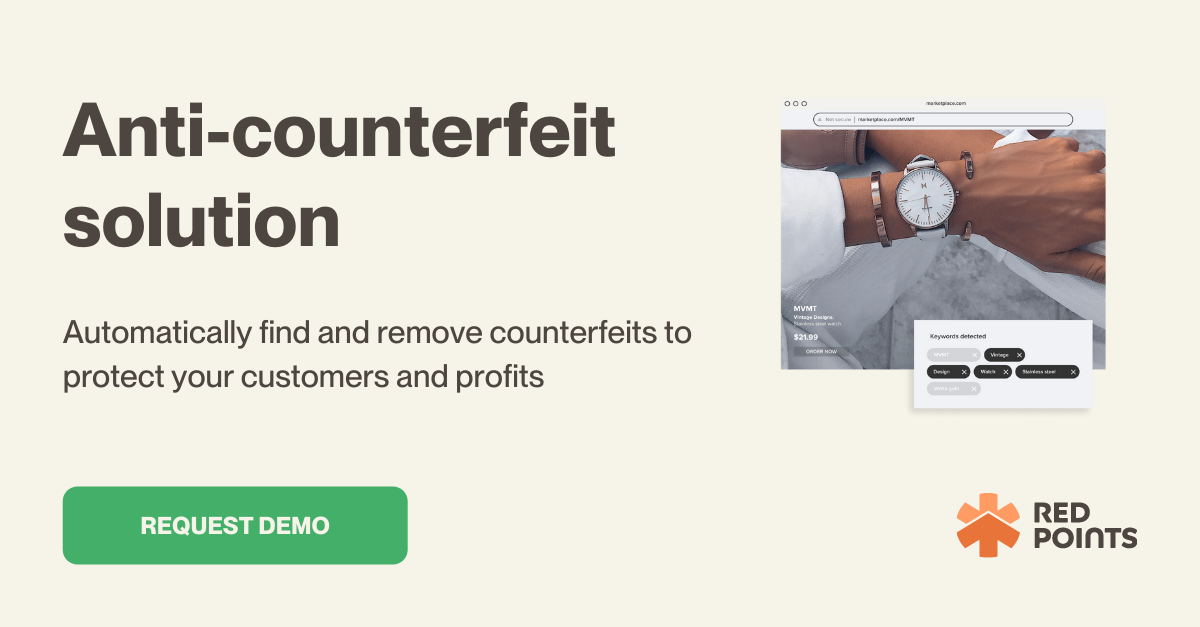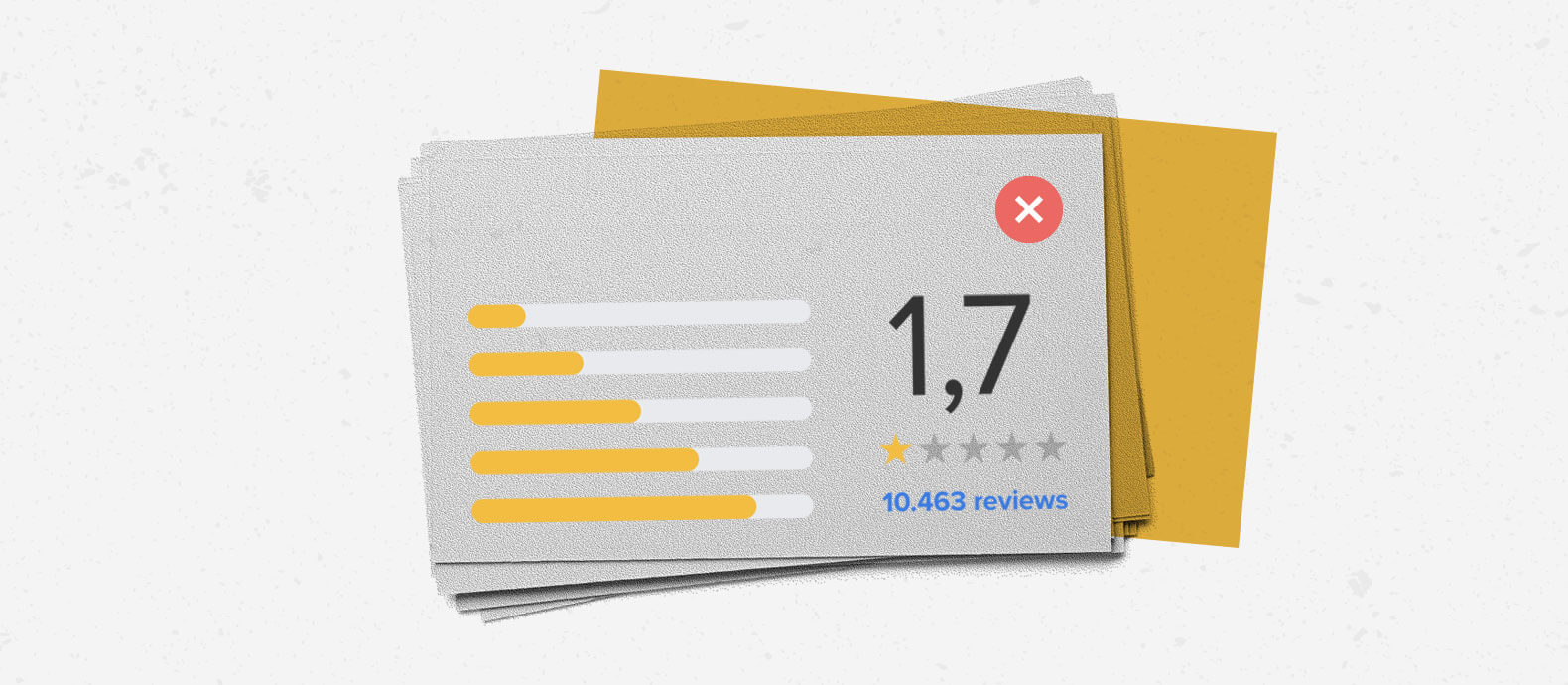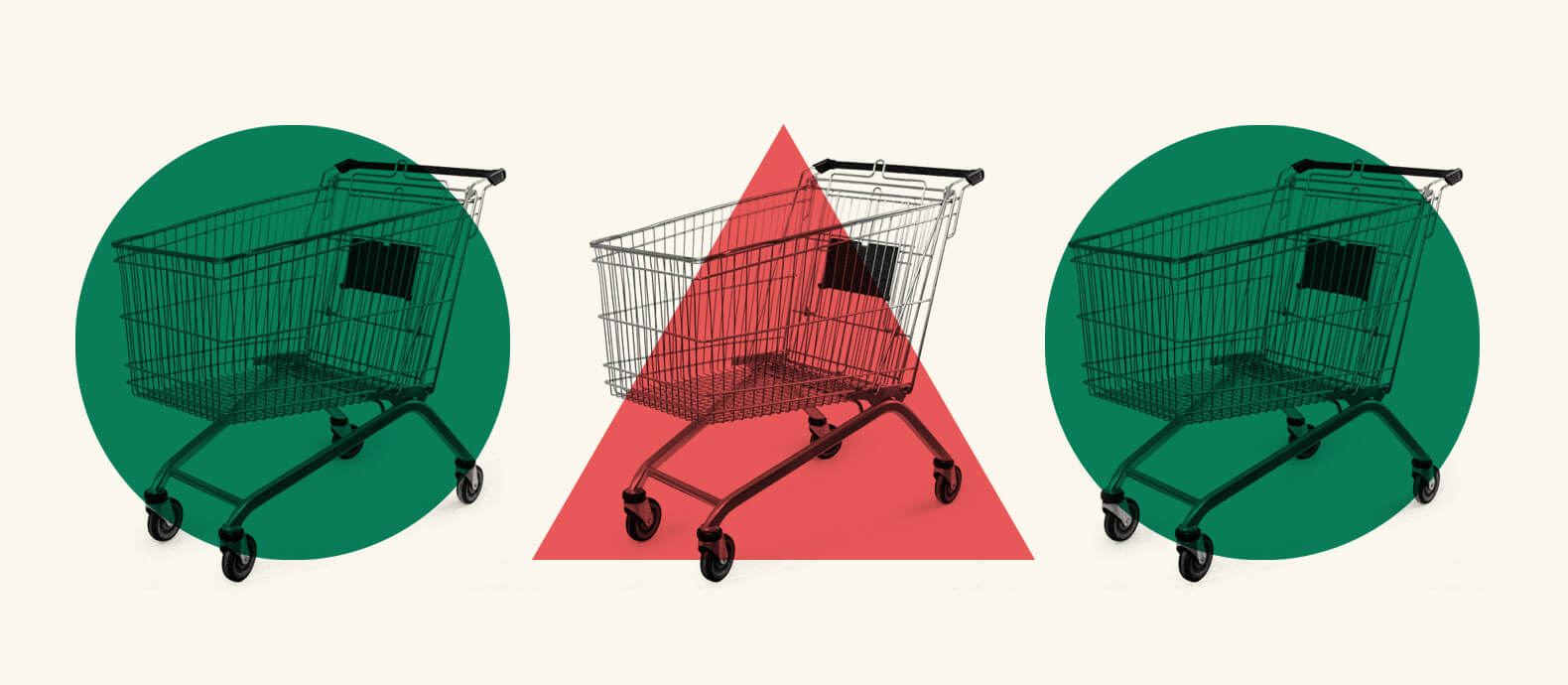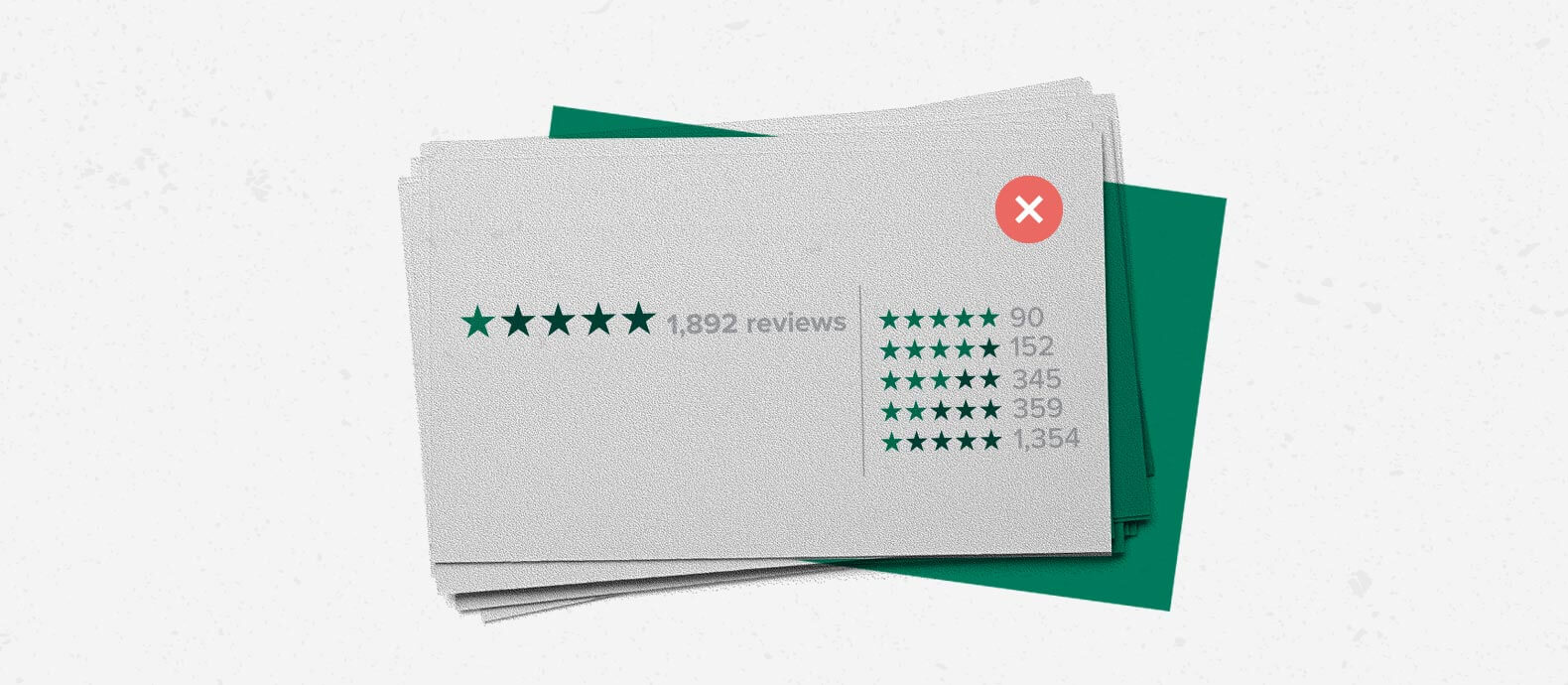Your brand is only as good as its reputation. A positive brand reputation can increase customer loyalty, build confidence in the market, and improve sales. On the other hand, a negative brand reputation can greatly affect your bottom line, and doing nothing to fix a negative reputation can even force you to close the doors to your business.
Protecting brand reputation isn’t an option for businesses anymore, it has become an absolute necessity.
In this article, we discuss:
- Brand awareness vs. brand reputation: What’s the difference?
- Importance of brand reputation to stakeholders
- How to protect your brand reputation proactively through easy steps
Brand awareness vs. brand reputation: What’s the difference?
Brand awareness refers to how familiar your target audience is with your brand and how well they can recognize it. Establishing and improving brand awareness is one of the main goals for marketing and promotion, especially in the early stages of a business.
Brand reputation, on the other hand, represents how a brand is seen by everyone else. In other words, brand reputation is the public’s perception of your brand.
A good brand reputation means your target audience has trust in your brand and its offerings. When it comes to analyzing a brand’s reputation, potential customers take several factors into account, including the quality of the products, trustworthiness, friendliness, and brand awareness.
So just because more people know about your brand doesn’t mean they actually trust your brand and want to buy its products.
If you aren’t actively protecting your brand reputation, people may not trust your brand even with high brand awareness, which can invariably affect your revenue.
Importance of brand reputation to stakeholders
Every brand conveys a message — whether it’s a lifestyle, a philosophy, or a social stance. So owning a product from that brand means the customer associates themselves with the brand’s own reputation.
A positive brand reputation can help your business in many ways, including:
- Increase sales by creating long-term relationships with customers
- Help brands become more well-known and popular among their target audience
- Give brands the confidence they need to tap into newer markets
- Allow brands to retain top talent by becoming a desirable company that has a positive reputation in the public
How to protect your brand reputation
While brand reputation was majorly shaped through public relations and traditional advertising, things have changed immensely in the increasingly digital world.
Over 40 percent of customers now do not trust traditional advertising anymore. Instead, 91 percent of prospective customers search for the brand online before making a purchase, and over 68 percent read at least one to six online reviews before forming their opinions of the brand.
That means, to protect your brand reputation, you too have to turn to the digital world and ensure your brand is always perceived in a positive light online.
Here are the top ways to protect your brand reputation.
Implement social listening
A good way to get more insights into your brand reputation is through social listening.
Essentially, it relies on constantly monitoring online conversations about your brand online. But instead of just reading the conversations or collecting information from it, you try to find the meaning behind the data.
So, it’s about understanding who said what, when, and why about your brand. The goal is to proactively identify and recognize patterns. Social listening can help you understand how people think about your brand and identify potential growth opportunities.
Some of the ways you can implement social listening include:
- Setting up Google news alerts for your brands
- Searching for your brand mentions on different social media channels to see what people are saying
- Looking through Google Analytics to find the keywords that drive traffic to your website
- Collecting feedback by running surveys on your website or social media pages
Monitor online reviews
When you browse the internet to look for brand mentions, you will also discover online reviews that you probably didn’t know about. While every brand wants positive reviews from their customers, negative reviews are also all too common.
Remember that if you can see bad reviews online, so can your potential customers. That is why it’s necessary to constantly monitor online reviews through a streamlined process.
It’s also not too uncommon these days for bad actors to intentionally slander a brand’s name by posting fake negative reviews. To protect your brand reputation, you should always be ready to proactively mitigate damage and handle fake negative reviews the best way that you can.
The good news is that you don’t just have to let negative comments stay online and ruin your brand reputation. You can take active steps to monitor and handle negative reviews effectively.
Identify fake reviews: You can start by noting down the location and date of the negative reviews. If you can’t find an order purchased around that date for the particular products mentioned in the review, then it might be a fake review after all.
Fake reviews are also often left from spam or fake profiles. In most cases, bad actors will post the same bad review of a particular brand on different websites.
Respond to the reviewer: You should always respond back to the reviews publicly, fake or not. This shows your prospective customers that you care about all the criticism that comes your way. Reaching out to the review poster can open a line of communication with them and may even help you potentially resolve the problem without taking any drastic steps.
However, if you don’t get a response, chances are, it’s most definitely a fake review and you need to take strict action against them.
Report the reviews: The next step is to aggressively report fake reviews to get them taken down. The process to report reviews will depend on the platform those reviews are hosted on — whether it’s Amazon, Facebook, Google, or any other platform. You should make sure to flag the reviews and mention in as much detail as possible why those reviews are fake.
The only time you shouldn’t delete or report negative reviews is when they are reviews from legitimate customers. You should address those reviews publicly and quickly to ensure the problem is resolved with a satisfactory outcome.
Look out for counterfeits in the market
The existence of counterfeit products in the market can also create serious problems for your brand reputation. Unsuspecting customers may end up buying counterfeit products of your brand from scammers, expecting them to be real, which can lead to loss of sales.
In fact, counterfeits have now become the real competitors for brands as they can seriously affect a company’s cash flow. In the fashion industry alone, over €26bn is lost annually due to counterfeit products.
Another big side effect of counterfeits is that brands take a huge hit on their reputation. Since the customers are unaware that they are buying fake products, they end up blaming the brand when they realize the product doesn’t work properly or the quality isn’t what they expected (obviously). In fact, one in five customers will end up boycotting a brand completely if they ever mistakenly purchase a counterfeit from the brand.
As a result, it is necessary to monitor product listings online and consistently take down any counterfeits in order to ensure your brand reputation stays intact.
Fight against business impersonation
Business impersonation is a type of phishing attack where scammers pretend to be an employee or a representative of the brand. They can send out emails containing spam content or set up fake websites impersonating your brand just to steal customers’ confidential data.
There can be many motives behind business impersonation, like:
- Accessing financial details of unsuspecting users
- Stealing personal information of customers like their phone numbers and addresses to sell it to others
- Making money by scamming customers or selling products that they don’t even have
If there are bad actors out there impersonating your brand, it is crucial to track them and shut them down as soon as possible. After all, you don’t want your brand reputation to be linked to negative customer experiences.
Engage in active brand protection
Brand protection is the process of protecting your brand’s intellectual property against counterfeiters, impersonators, copyright infringers, and other band actors. This is done to protect the brand’s revenue, public image, and overall value. Essentially, brand protection prevents brand abuse.
But in order to protect your brand and its reputation, you need to safeguard your intellectual property by filing for appropriate copyrights, trademarks, and patents. These IPs will in turn give you the legal rights to go against any scammers who try to copy or impersonate your brand in any way.
How can brand reputation be improved?
Improving your brand reputation can be incredibly tiresome and time-consuming as you need to constantly scan through different platforms and websites for negative reviews, bad publicity, brand impressions, counterfeits, and impersonation.
Red Points Brand Protection software helps you to detect and respond to online brand abuse by giving you access to advanced tools that can crawl the internet automatically, identify threats against your brands, and takedown infringements.
What’s next?
Your brand reputation is your responsibility. That means you have to constantly listen to your customers, measure the quality of engagement they have with your brand, and respond to issues with absolute ruthless consistency.
You also need to look out for any bad actors who may be trying to take advantage of your brand’s success and shut them down before they can impact your brand reputation in any way.
See how brand protection can help you build a healthy brand.







